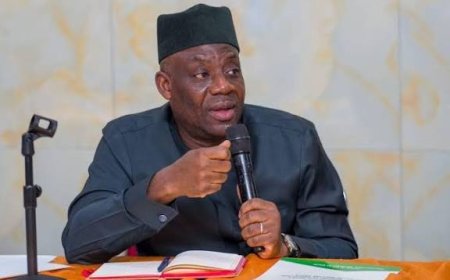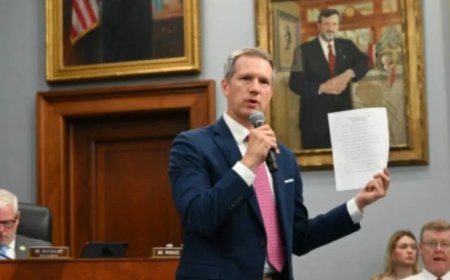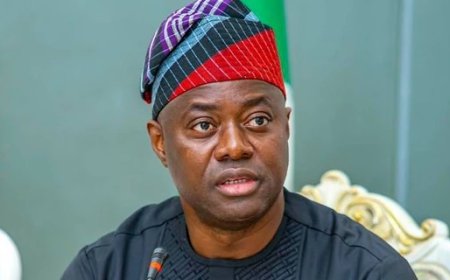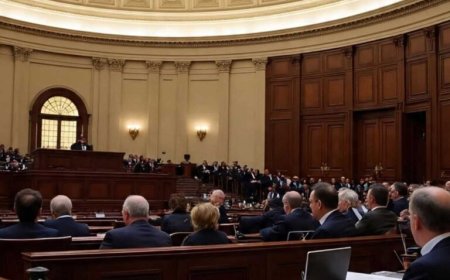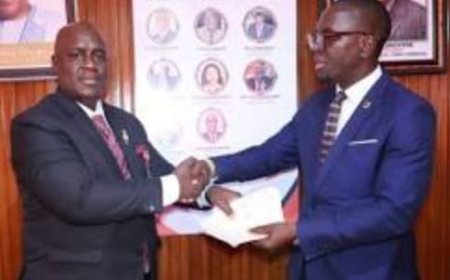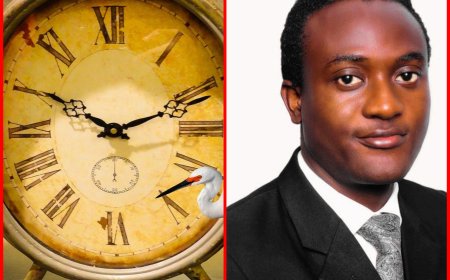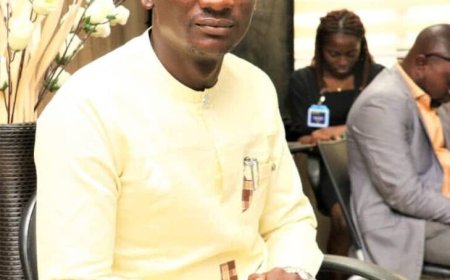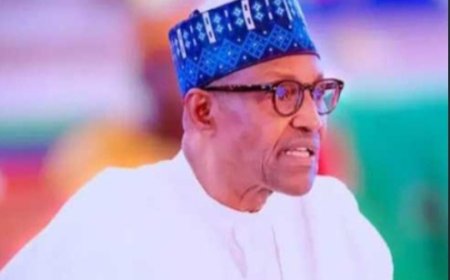Presidency Justifies Debt Growth, Links Borrowing to Poverty Reduction
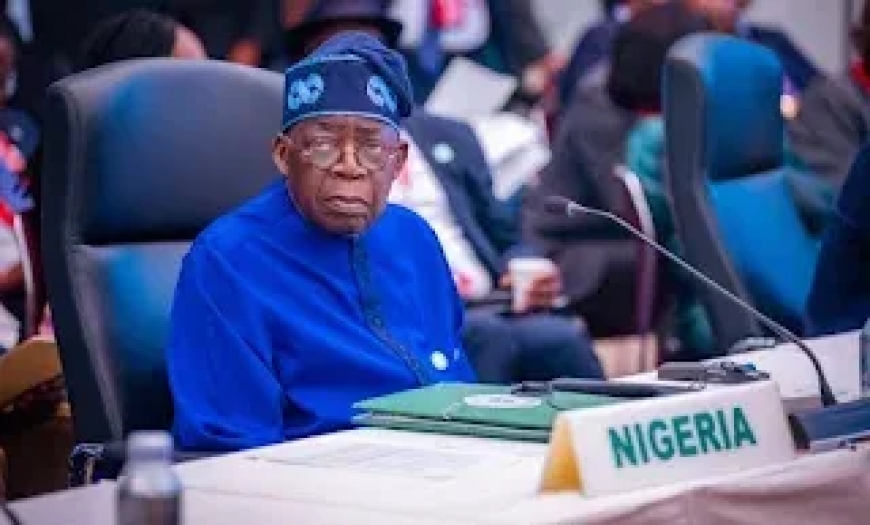
By: Israel Adeleke
OPEN TELEVISION NAIJA (OTN) News reports that the Presidency has assured Nigerians that the nation’s rising debt profile is not alarming, insisting that Nigeria is “actually under-borrowing” compared to its economic capacity.
OTN News further reports the special adviser to President Bola Tinubu on Economic Matters, Tope Fasua, made this clarification during an interview on Channels Television on Tuesday.
He dismissed fears that Nigeria’s external debts are spiraling out of control, stressing that borrowings under the Tinubu administration are being managed responsibly.
Fasua explained, “At 39 per cent of GDP, Nigeria is actually under-borrowing. And of course, regarding debt servicing, the last data I got last month was 64 per cent lower. In 2022, there was a point when our debt was as high as 120 per cent. We used all our revenues to service debts, and we had to borrow 20 per cent extra just to service that same debt."
According to him, both the federal and state governments are effectively managing their debt obligations.
He revealed that states have reduced their debts by 42 per cent between 2023 and 2024. He further emphasized that current loans are tied to development projects, not wastage or embezzlement.
Drawing an analogy, Fasua likened Nigeria to a thriving conglomerate that borrows strategically to expand. “A company that is growing pays some debts and takes new ones because it wants to expand its horizon in the global market. That’s how a country is run,” he argued.
Despite his defense, Fasua welcomed constructive criticism of the government’s borrowing priorities, urging stakeholders to examine interest rates, debt sources, and project funding.
According to data from the Debt Management Office (DMO) and the National Bureau of Statistics (NBS), Nigeria’s external debt stood at approximately $45.97 billion (N70.63 trillion) as of Q1 2025.
This figure represents a 26.07% year-on-year increase from the Q1 2024 period, attributed to new government loans and the depreciation of the naira.
Justifying the borrowings, Fasua highlighted Nigeria’s vast infrastructure deficit, estimated at over $3 trillion annually, as the primary reason for seeking external financing.
He argued that massive investments in roads and other public works are essential to tackling multidimensional poverty.
“One of the things I have been writing about is the centrality of infrastructure towards reducing multidimensional poverty.
“Multi-dimensional poverty is defined as the non-income poverty, poverty related to the availability of infrastructure. Therefore, the only way you can review multi-dimensional poverty is to fund infrastructure.
“So for me, we have taken more people out of poverty, probably about 120 million persons have been taken out of multi-dimensional poverty,” he added.
What's Your Reaction?















